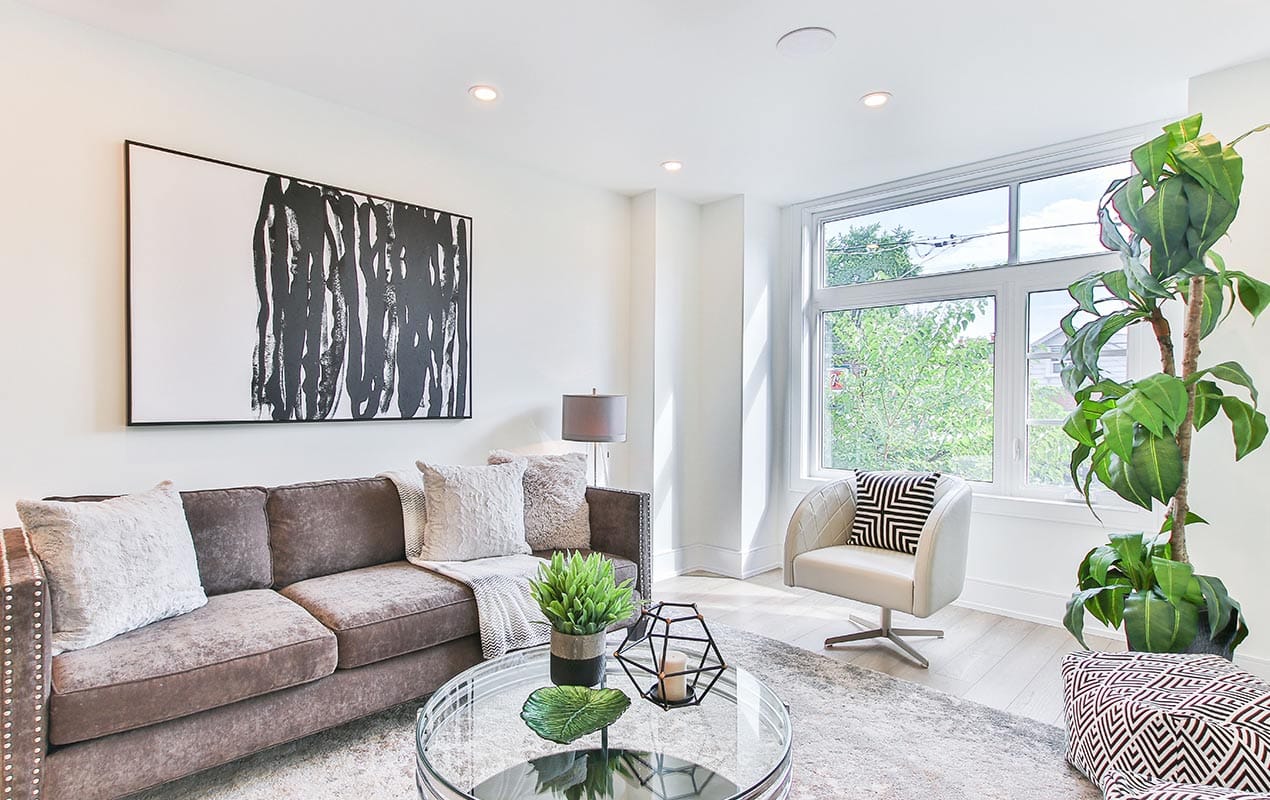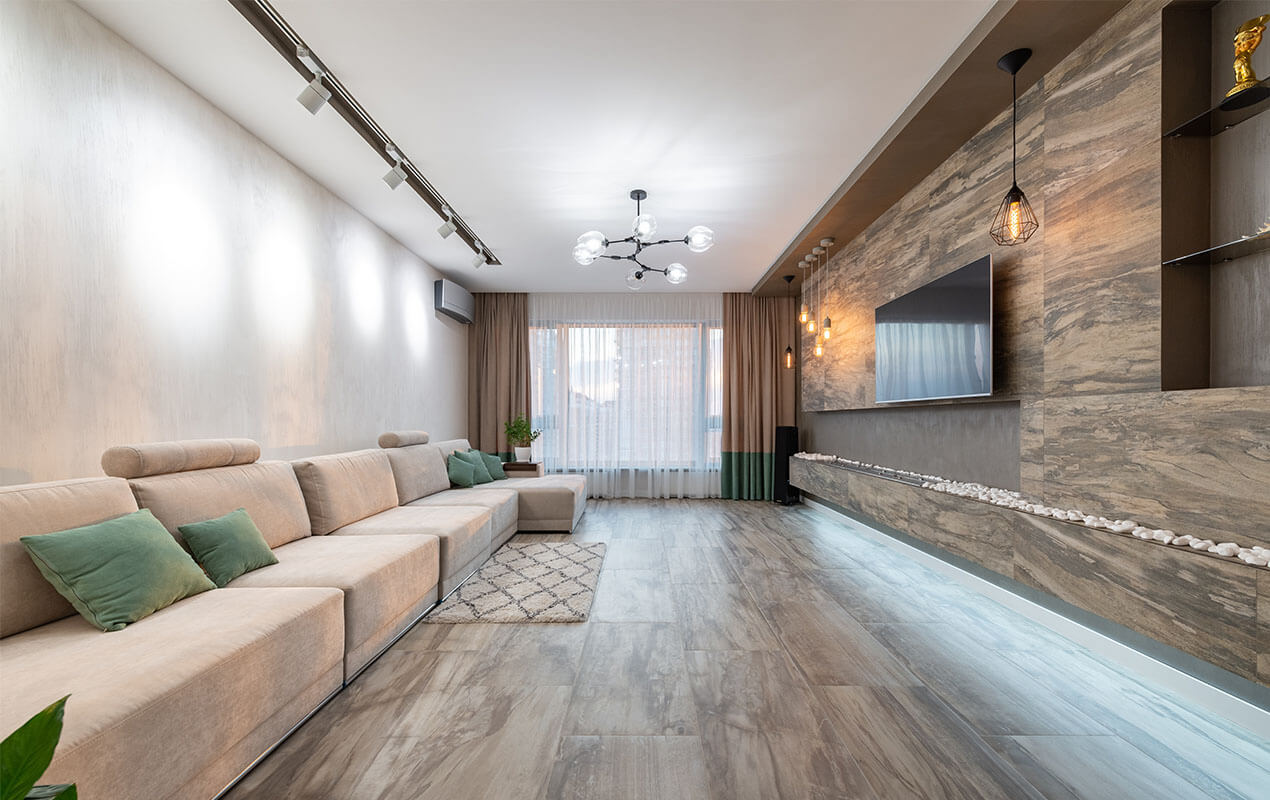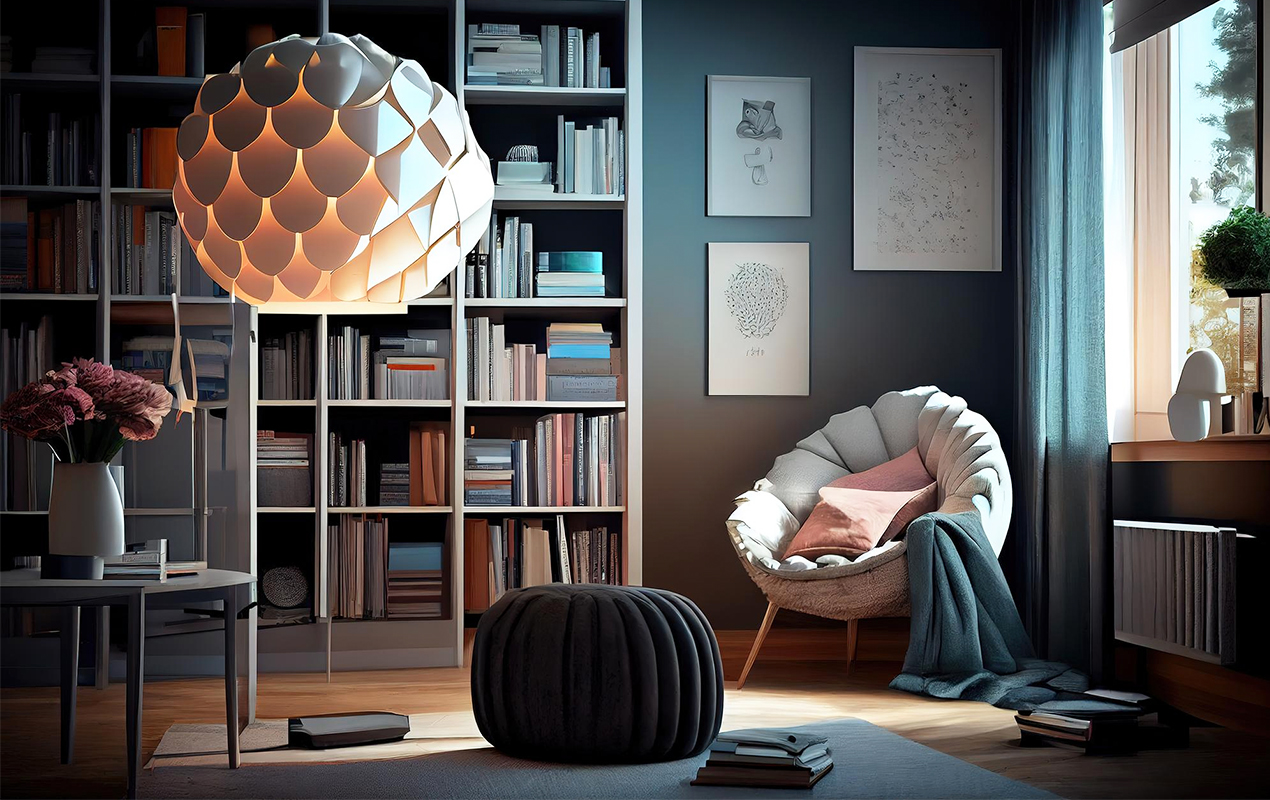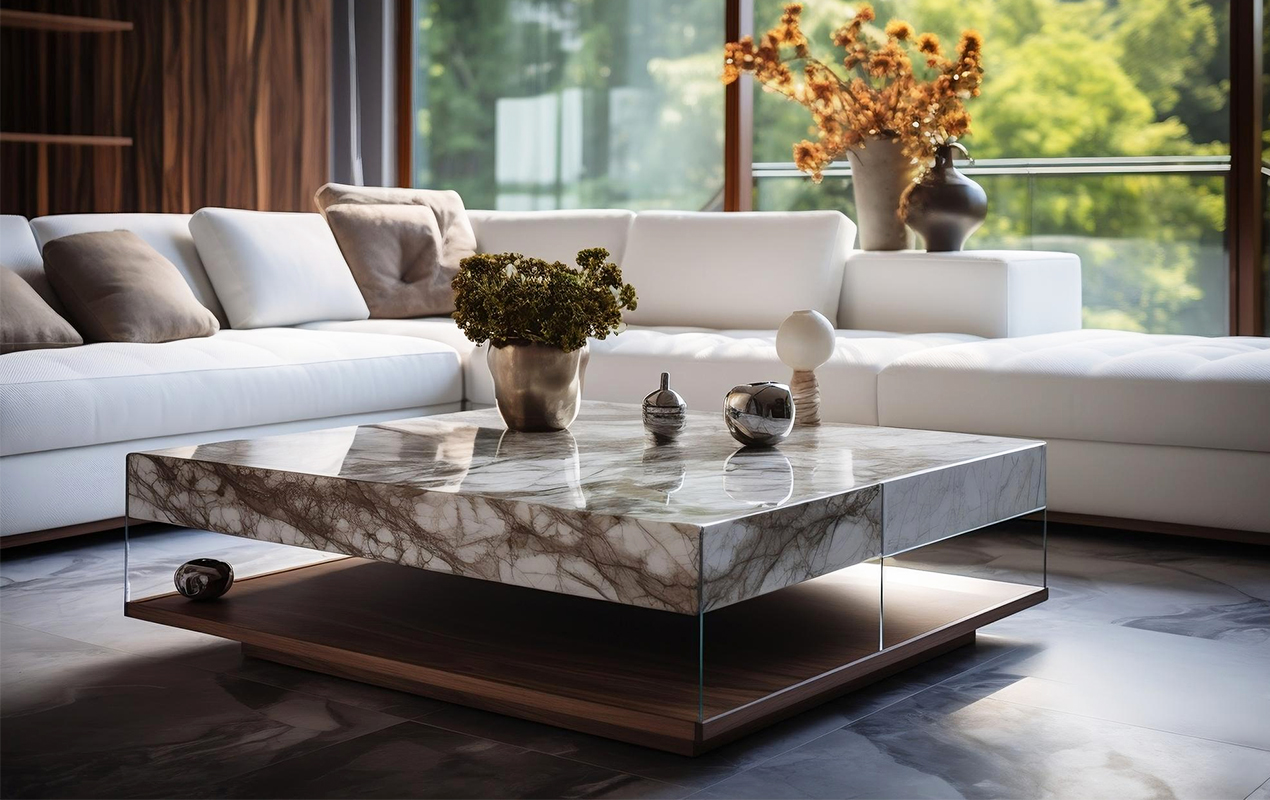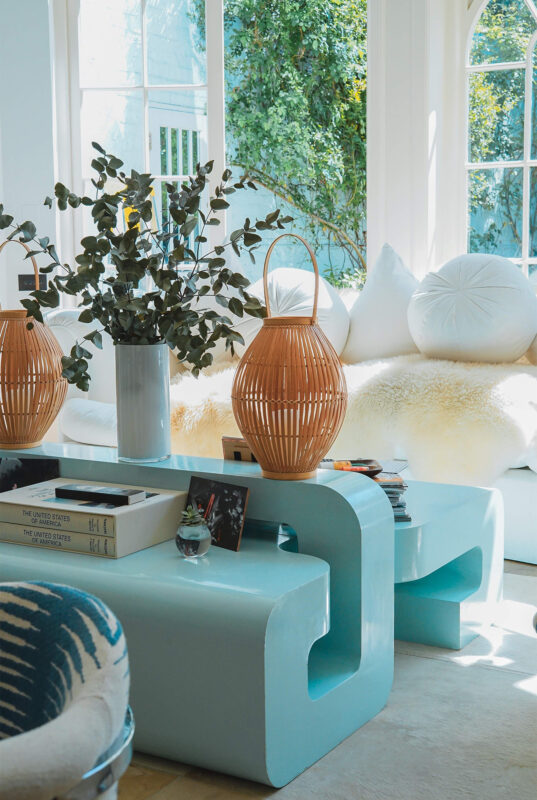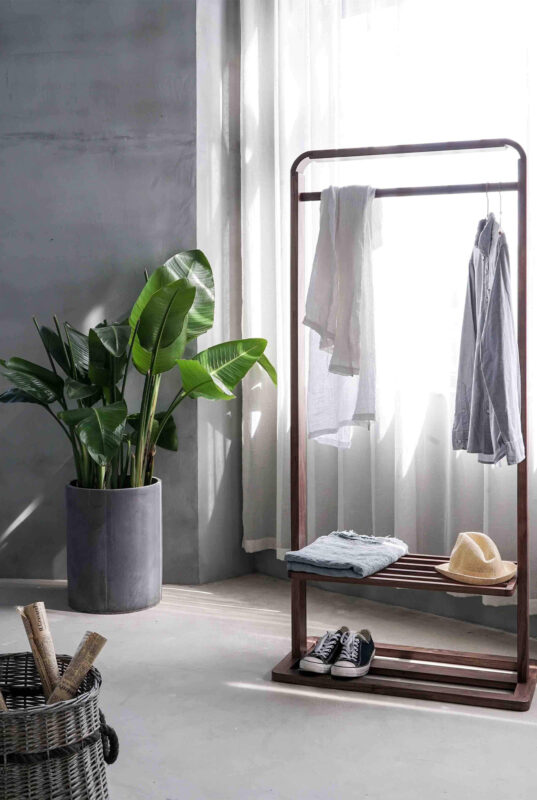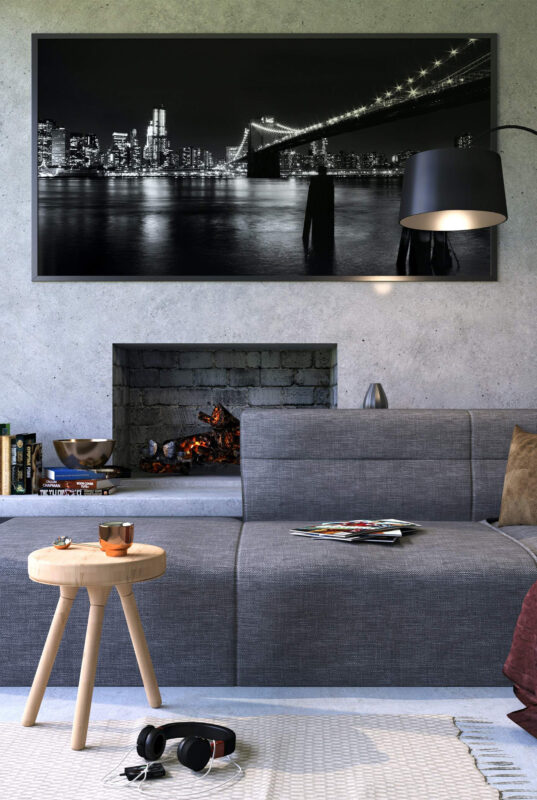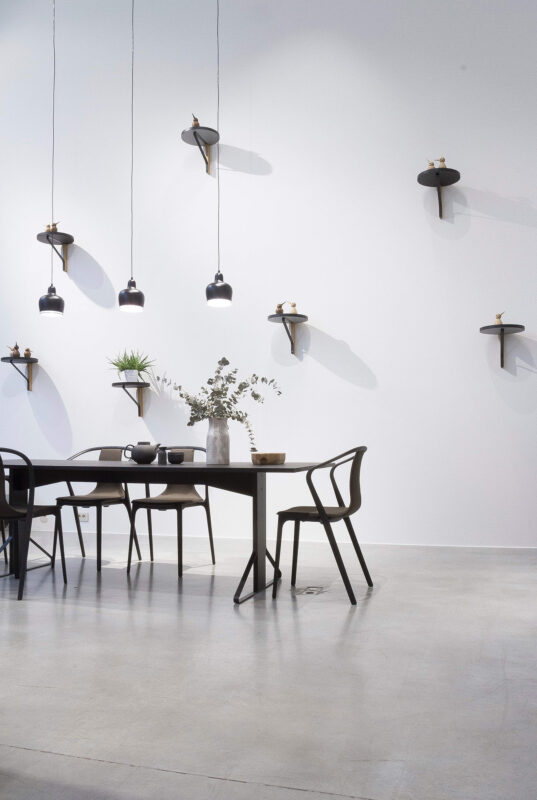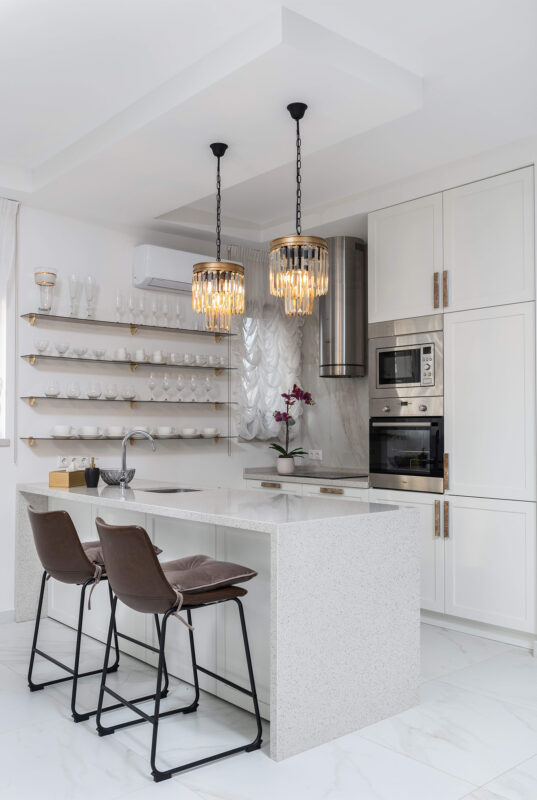Blog
Bevelled Glass Supplier Crafting Elegance with Precision

Bevelled Glass Definition and Benefits
What Is Bevelled Glass?
Bevelled glass is characterised by its angled edges, which are meticulously cut and polished to create a sloped surface. Rather than a simple flat edge, the bevel introduces a facet that catches and refracts light, imparting an elegant, crystal-like effect to each pane.
As a specialist Bevelled Glass supplier, understanding the fundamentals of bevelled glass is essential for providing clients with detailed advice on design, material selection, and installation requirements. This precise edge treatment transforms an otherwise ordinary window or mirror into a statement feature, elevating interior and exterior applications alike.
Aesthetic and Functional Advantages of Bevelled Glass
One of the primary reasons homeowners and designers opt for bevelled glass is its sophisticated aesthetic. The bevel acts like a prism, producing delicate rainbows and subtle sparkles when illuminated. From a functional standpoint, the angled edges help to conceal minor imperfections in framing and reduce the visibility of fingerprints or edge chipping.
Furthermore, bevelled glass can create an illusion of additional depth, making smaller spaces appear larger—a key consideration in modern residential or retail environments. These combined benefits underline why engaging a reputable Bevelled Glass supplier is crucial for achieving both aesthetic excellence and durability.
Types and Designs of Bevelled Glass
Common Bevel Profiles and Styles
Bevel profiles vary widely to suit different architectural styles. The simplest design features a single bevel around the perimeter of the glass, often 12–25 mm wide. More intricate profiles include double bevels, pencil-trimmed edges, and drop-ship bevels, whereby pieces of bevelled glass are individually cut and then assembled into a decorative motif.
An experienced Bevelled Glass supplier will present clients with sample profiles—ranging from classic, gentle angles for heritage properties to more pronounced bevels that complement contemporary interiors. Such variety enables designers to tailor glass panels to mirror frames, cabinet doors, or feature windows without compromising structural integrity.
Custom Bevelled Glass Options
For clients seeking a truly bespoke finish, many Bevelled Glass suppliers offer custom designs. This can involve engraving, sandblasting or acid-etching patterns into the bevelled perimeter, creating monograms, logos or intricate motifs. Some glass manufacturers and suppliers integrate bevelled glass into stained-glass assemblies, while others combine bevels with lead to replicate traditional leadlight techniques.
By collaborating closely with the manufacturer, architects and homeowners can ensure that every aspect of the bevel—width, angle, finish and decorative etching—is fully customized to the project’s brief. Custom bevelled glass thus becomes a standout feature in both residential and commercial settings.
The Manufacturing Process Behind Bevelled Glass
Selection of Quality Materials
The journey of a bevelled glass panel begins with choosing the right raw materials. High-grade float glass is the industry standard, as it provides a perfectly uniform surface free of distortions and inclusions. Many Glass Manufacturers and Suppliers source float glass from reputable plants in Europe or Asia, ensuring consistency in thickness and clarity.
Before the bevel is cut, the glass must undergo stringent quality checks to detect any minor blemishes that could compromise the final appearance. As a premier Bevelled Glass supplier, only the finest float glass is used to guarantee that the finished bevels exhibit flawless edges and optimal light refraction.
Cutting, Grinding, and Polishing Techniques
Once the raw glass is approved, the bevelled edges are created through a sequence of cutting, grinding and polishing steps. Initially, a specialised cutting wheel or CNC-controlled water jet defines the bevel profile. Then, coarse grinding wheels remove excess material, shaping the angled faces precisely.
Fine grinding follows, using progressively finer abrasives to smooth out any striations. Finally, polishing wheels coated with cerium oxide or diamond paste buff the bevel to a brilliant, transparent finish. This intensive process demands not only advanced machinery but also the expertise of skilled operatives—an assurance offered by top-tier Bevelled Glass suppliers. The outcome is a pristine bevel that refracts light beautifully and resists chipping.
Choosing the Right Bevelled Glass Supplier
Evaluating Quality and Expertise
Selecting an appropriate Bevelled Glass supplier involves more than simply comparing prices. Key considerations include the supplier’s track record in delivering consistent quality, the extent of their technical expertise and their capacity to handle bespoke commissions.
Established glass suppliers Aldeburgh firms often maintain extensive portfolios showcasing diverse bevel profiles, completed installations and testimonials from satisfied clients. By examining these references, prospective customers can gauge the supplier’s ability to meet stringent specifications.
Furthermore, an experienced supplier will offer design consultations, on-site measurements and professional advice on edge profiles, thicknesses and safety standards.
Reputation Among Glass Suppliers Aldeburgh
In the heart of Suffolk, Aldeburgh and its surrounding areas boast several glass suppliers. However, not all are equal in terms of bevelled glass specialism. When researching glass suppliers Aldeburgh, look for companies that explicitly highlight bevel cutting capabilities, CNC-precision grinding and in-house finishing.
A supplier’s reputation can be measured by the quality of partnerships with local architects, interior designers and heritage conservationists. Those who have successfully completed projects for period properties, listed buildings or high-end residential developments usually command higher esteem. Engaging with a supplier renowned in Aldeburgh for their bevelled work guarantees peace of mind.
Range of Glass Manufacturers and Suppliers
Beyond local reputations, it is essential to consider the broader network of glass manufacturers and suppliers with whom the chosen provider collaborates. Leading Bevelled Glass suppliers often source materials from multiple float-glass plants, thereby ensuring material availability and competitive pricing.
They might also have affiliations with stained-glass erecting firms or framers who specialise in fitting bevelled panels into timber or aluminium frames. By selecting a supplier with robust manufacturer connections, clients benefit from a wide selection of glass types—such as low-iron, laminated or toughened glass—each of which can be bevelled. This comprehensive approach maximises design flexibility and ensures that projects proceed seamlessly from concept to completion.
Applications of Bevelled Glass in Architecture and Design
Bevelled Glass in Residential Projects
In domestic settings, bevelled glass is frequently incorporated into interior doors, cabinet windows and mirror surrounds. In period homes, the delicate facets complement traditional joinery and ornate mouldings, preserving historical authenticity while introducing a subtle play of light.
Contemporary residences use bevelled glass to delineate open-plan living spaces, for instance by embedding decorative panels into room dividers or splashbacks. Bedroom wardrobes and bathroom cabinets can similarly feature bevelled panels that catch morning sunlight, creating a sense of luxury.
When specifying bevelled glass for residential use, a Bevelled Glass supplier will advise on suitable thicknesses—typically 4–6 mm for internal applications—to balance aesthetics with practicality.
Commercial Applications and Trends
Within commercial environments, bevelled glass elevates office reception areas, boardroom partitions and retail display cases. Restaurants and hotels often use large, bevelled mirror walls to impart an illusion of spaciousness, while shopfronts incorporate bevel-edged panels to attract passers-by with shimmering reflections.
In corporate settings, glass partitions with bevelled borders create private meeting rooms that still benefit from natural daylight. As demand grows for sustainable design, some bevelled panels are manufactured from recycled glass, offering an eco-friendly alternative without compromising clarity or brilliance.
Leading Bevelled Glass suppliers frequently offer consultancy on integrating these panels into curtain-wall systems, ensuring compliance with building regulations and energy-efficiency standards.
Emerging Design Innovations
Recent trends in architectural glass design have seen the fusion of bevelled edges with digital etching, UV-printing and coloured interlayers. For example, some Glass Manufacturers and Suppliers produce panels where the bevelled border frames a UV-etched decorative motif at the centre, combining three-dimensional edgework with two-dimensional graphic art.
Others experiment with tinted or frosted bevels to introduce subtle hues or privacy gradients. These cross-disciplinary techniques expand the possibilities for bespoke installations—ranging from faceted glass balustrades to illuminated reception desks. Clients seeking cutting-edge designs should collaborate closely with a Bevelled Glass supplier who is up to date with the latest fabrication techniques and material innovations.
Installation and Maintenance Best Practices
Professional Fitting and Handling
Proper installation is vital to ensure that bevelled glass panels maintain their structural integrity and visual appeal over time. Due to the delicate nature of the angled edges, bevelled glass should be handled with gloved hands and placed on padded work surfaces.
The use of suction cups with rubberised pads prevents accidental chipping during transportation and mounting. Installers must account for thermal expansion, especially for large panels or those subjected to direct sunlight.
Precision in measurement is equally important: even a millimetre discrepancy can compromise the alignment of bevelled frames. Consequently, clients are advised to enlist a Bevelled Glass supplier that offers full installation services or works in partnership with certified glaziers to guarantee faultless fitting.
Cleaning and Care Tips for Longevity
While bevelled edges enhance visual appeal, they also collect dust and grime more readily than flat glass. To preserve the clarity and sparkle, regular cleaning is recommended, using a soft, lint-free cloth and a mild, ammonia-free glass cleaner.
Abrasive pads or harsh chemicals should be avoided, as they can scratch or dull the polished bevel. Periodic inspections of sealants and frames are also crucial, particularly in exterior applications where water ingress can occur.
For any signs of chipping or edge damage, clients should consult their Bevelled Glass supplier promptly; minor chips can often be buffed out or re-polished by professionals. Following these maintenance protocols extends the lifespan of each panel and keeps the bevelled edges looking pristine.
Cost Considerations and Pricing Factors
Budgeting for Bevelled Glass Projects
When planning a project that incorporates bevelled glass, clients must factor in not only the cost of raw materials but also fabrication, transportation and installation expenses. Simple bevel profiles on clear float glass will be more economical, whereas wide, multi-angle bevels or intricate custom designs command higher prices due to increased labour and machinery time.
Additional costs may arise if the project requires toughened, laminated or low-iron glass, each of which has distinct production requirements. To achieve an accurate estimate, it is essential to consult with a reputable Bevelled Glass supplier who can provide a detailed breakdown, allowing homeowners and designers to allocate budget accordingly without encountering unwelcome surprises.
Comparing Quotes from Glass Suppliers Aldeburgh
As with any specialised trade, prices can vary significantly between glass suppliers Aldeburgh. Clients should obtain at least three competitive quotes, ensuring each covers identical specifications—glass thickness, bevel width, edge finish, installation services and any warranties.
Some suppliers may include on-site survey and templating in their base price, while others charge extra. It is important to review each quotation carefully, checking for hidden charges such as delivery surcharges for remote locations or fees for protective packaging.
Although cost is a significant factor, it should not overshadow quality; choosing a cheap supplier without proven bevel-cutting expertise can lead to poorly executed edges and costly remakes.
Working with Specialist Providers
Spotlight on Ipswich Glass: High-Quality Glass Supplier
When it comes to securing premium bevelled glass, clients in Suffolk and beyond turn to Ipswich Glass. As a distinguished Bevelled Glass supplier, Ipswich Glass combines decades of craftsmanship with state-of-the-art CNC machinery, ensuring each bevel is milled to perfection.
Their commitment to quality is reflected in their rigorous material selection: only top-grade float glass sourced from leading European manufacturers is used. Ipswich Glass also operates an in-house polishing department, where skilled artisans refine each edge until it gleams.
By focusing exclusively on superior products and meticulous workmanship, Ipswich Glass has earned a stellar reputation among glass suppliers Aldeburgh and as one of the foremost Glass Manufacturers and Suppliers in the region.
Collaborating for Custom Solutions
More than just a supplier, Ipswich Glass prides itself on being a collaborative partner. Clients benefit from tailored consultations that explore design aspirations, budget constraints and technical requirements.
Whether a homeowner seeks a modest bevel for a kitchen cabinet door or an architect requires a striking, framed bevel for a heritage property restoration, Ipswich Glass devises a solution that aligns with project objectives. Their design team can recommend appropriate glass types—clear, low-iron, laminated or toughened—based on location and usage.
After finalising the design, Ipswich Glass’s installation crew ensures each panel is fitted with precision, accounting for expansion gaps and sealant compatibility. By working with these specialist providers, clients secure a hassle-free process from concept to completion.
Conclusion and Call to Action
As you have discovered throughout this guide, selecting the right Bevelled Glass supplier is a multifaceted decision that involves careful consideration of design options, manufacturing processes, cost factors and installation best practices. Whether you are based in Aldeburgh or elsewhere in Suffolk, there is a wealth of glass suppliers Aldeburgh to choose from; however, not all possess the expertise required to deliver faultless bevelled edges and bespoke customisations.
By engaging a reputable supplier—particularly one with strong credentials among Glass Manufacturers and Suppliers, such as Ipswich Glass—you can be confident of receiving a durable, beautifully finished product that enhances the aesthetic value of your home or commercial space.
If you are planning a project that requires the refined elegance of bevelled glass, now is the time to take action. Contact Ipswich Glass today for a comprehensive consultation and no-obligation quote. Their team of experts will walk you through every stage, from selecting the ideal bevel profile to ensuring professional installation.
Elevate your interiors and exteriors with the timeless beauty of bevelled glass—trust Ipswich Glass, the high-quality Bevelled Glass supplier that delivers on precision, performance and style.






